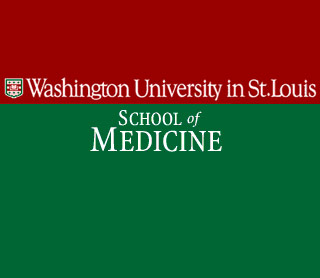
An experiment on mice revealed that resveratrol prevents the out-of-control blood vessel growth in the eye. This averts damage to the blood vessels in the retina and hence helps treat the disease. While abnormal blood vessels were observed on the left in bright green under the mouse retina, the right indicated less abnormal vessels after resveratrol treatment.
Rajendra S. Apte, MD, PhD Washington University retina specialist and the research’s senior investigator explained, “A great deal of research has identified resveratrol as an anti-aging compound, and given our interest in age-related eye disease, we wanted to find out whether there was a link. There were reports on resveratrol’s effects on blood vessels in other parts of the body, but there was no evidence that it had any effects within the eye.”
Consuming red wine or the above mentioned plant producing consisting resveratrol supposedly avoids losing vision in blinding eye diseases such as diabetic retinopathy and age-related macular degeneration. Amongst these age-related macular degeneration is apparently the major cause of blindness in Americans over 50.
Thoroughly examining the retinas of mouse, the investigators claimed that resveratrol can restrict the formation of new blood vessels, called angiogenesis. This is assumed to play a major role in some cancers and atherosclerosis. The scientists also discovered the pathway employed by the resveratrol to block angiogenesis.
Apte who is also an assistant professor of ophthalmology and visual sciences and of developmental biology shared, “We have identified a novel pathway that could become a new target for therapies. And we believe the pathway may be involved both in age-related eye disease and in other diseases where angiogenesis plays a destructive role.”
During the analysis researchers studied those mice which after undergoing a laser treatment revealed abnormal blood vessels in their retina. Once these mice were provided with resveratrol the abnormal blood vessels were revealed to disappear. After scrutinizing the blood-vessel cells researchers discovered the eukaryotic elongation factor-2 kinase (eEF2) regulated pathway. This pathway was initially assumed to be associated with another mechanism but the same was not noted by the researchers.
Apte added, “This could potentially be a preventive therapy in high-risk patients. And because it worked on existing, abnormal blood vessels in the animals, it may be a therapy that can be started after angiogenesis already is causing damage.”
However, the lead author revealed that the mouse model of macular degeneration employed does not seem to be identical to human eyes. He further cautioned that several bottles of red wine seem to provide the required amount of resveratrol. Humans may simply not be able to consume so many bottles of wine and therefore once the resveratrol therapy is successfully proven, then it can apparently be given in a form of a pill to patients suffering with an eye disease.
The researchers highlighted three eye diseases that are ascertained to be treated by resveratrol. They include age-related macular degeneration, diabetic retinopathy and retinopathy of prematurity. While age-related macular degeneration is the abnormal blood vessels underneath the centre of the retina, diabetic retinopathy is wherein the blood vessels grow in the retina itself. On the other hand retinopathy of prematurity, usually identified in infants is developed due to abnormal blood vessels leading to retinal detachment and interferes with vision.
The investigators noted that the newly discovered pathway appears to be active in blinding eye diseases, cancers and atherosclerosis. So it is possible that consumption of resveratrol will improve eyesight, restrict cardiovascular disease and various types of cancer.
The research is published in the July issue of the American Journal of Pathology.
